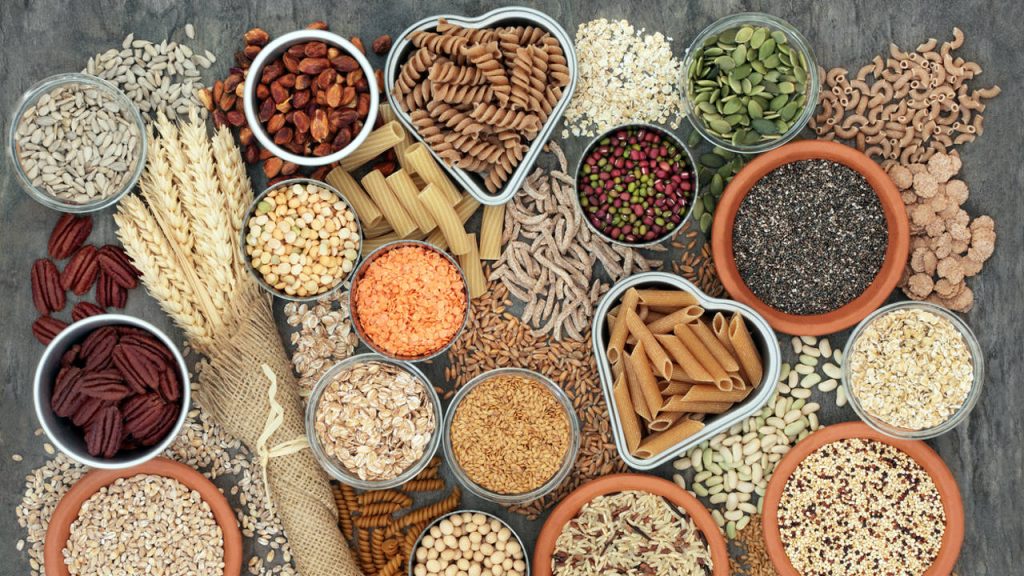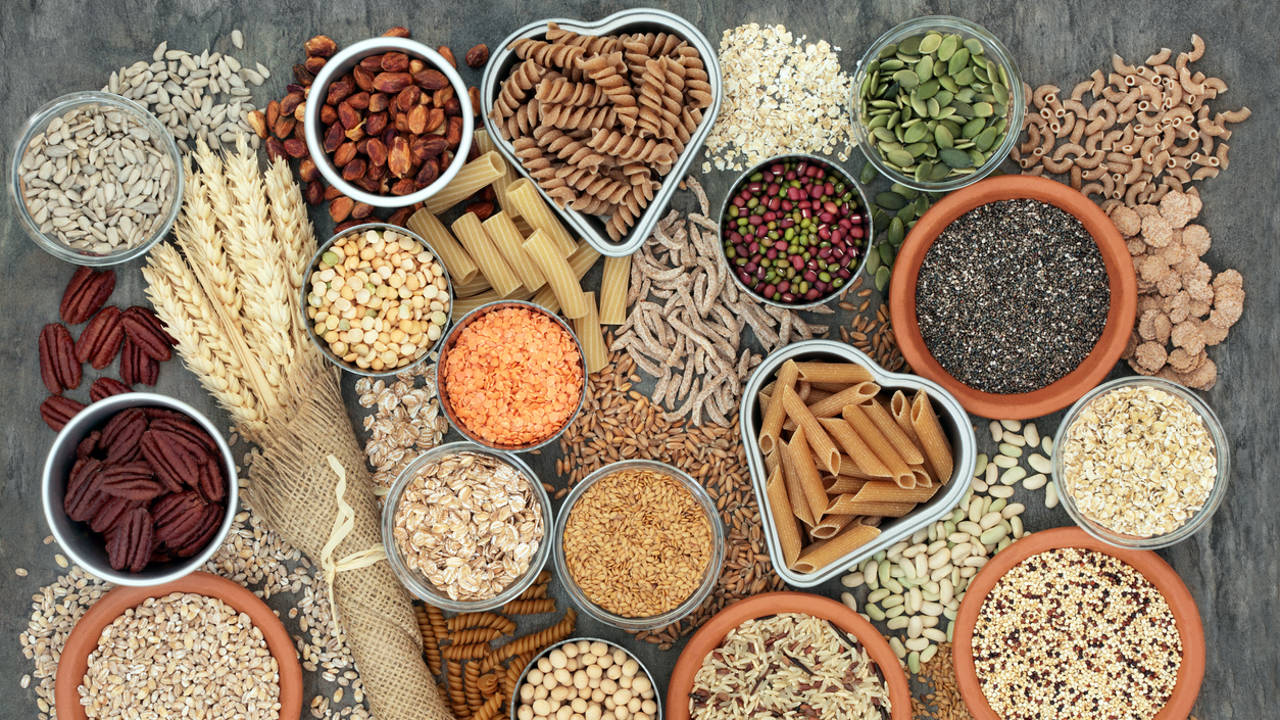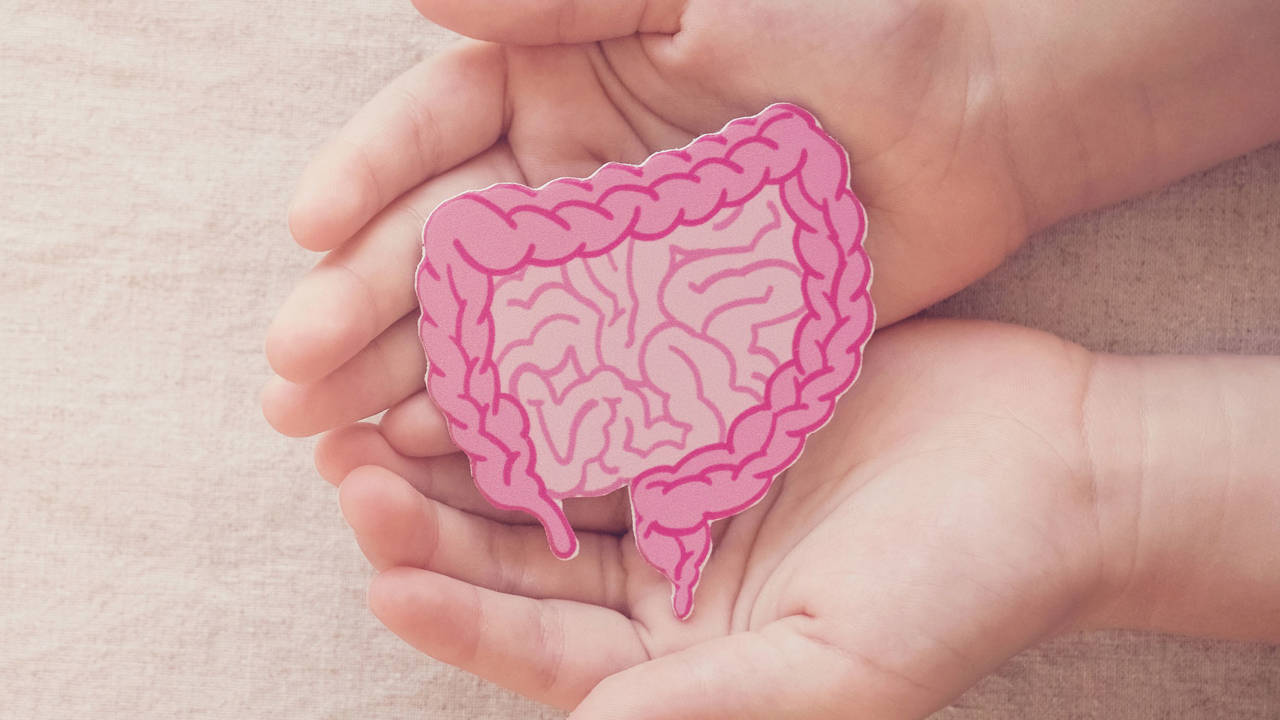Copper is not a mineral with as much fame as calcium or iron, but it is equally necessary for the proper functioning of the body, especially the immune system. You wonder if you may be suffering from a deficiency.

Copper is an essential trace element for the functioning of our body. It is particularly involved in cellular respiration, immunity and iron absorption. Fortunately, copper deficiency is very rare, but not impossible.
However, an excessive amount of this mineral can lead to poisoning, which can severely damage organs. Therefore, it is not advisable to supplement if it is not by order of the doctor.
WHAT ARE THE NEEDS FOR COPPER IN THE DIET?
According to the NIH (National Institutes of Health) of the USA. In the U.S., the recommended amounts of copper by age range are:
- Birth to 6 months: 200 mcg
- Infants 7 to 12 months: 220 mcg
- Children 1 to 3 years: 340 mcg
- Children 4 to 8 years: 440 mcg
- Children 9 to 13 years: 700 mcg
- Adolescents 14 to 18 years: 890 mcg
- Adults 19 years of age and older: 900 mcg
- Pregnant women and teens: 1,000 mcg
- Breastfeeding women and adolescents: 1,300 mcg
These values are usually reached quickly because copper is found in many different foods.
In particular, seafood is considered a typical source of copper. However, you can easily cover your needs with purely plant foods. Plant foods that contain more copper include:
- Cocoa and dark chocolate.
- Nuts and seeds.
- Whole grains.
- Legumes (lentils, peas, beans, especially soybeans).
- Vegetables such as spinach, pumpkin, carrots or tomatoes.
For example, a breakfast with 70 grams of whole-grain oat flakes, 10 g of pure cocoa (unsweetened), 30 g of hazelnuts and some soy milk covers your daily needs.
HOW DOES COPPER DEFICIENCY OCCUR?
A copper deficiency is usually only triggered by certain diseases, such as intestinal disorders, kidney damage, Wilson’s disease” or “Menkes syndrome.”
Taking a supplement with large amounts of zinc for a long time can be a risk because it inhibits the absorption of copper, even if it is consumed in sufficient doses.
COPPER DEFICIENCY: POSSIBLE SYMPTOMS AND CONSEQUENCES
Since doctors do not monitor copper levels in the blood as part of routine blood tests, a possible copper deficiency may go unnoticed for a long time.
It is more likely to manifest in a later iron deficiency, as the body cannot absorb iron without the proper dose of copper.
Other possible consequences and symptoms of a chronic copper deficiency include:
- A weakened immune system.
- Reduced bone density.
- Liver diseases.
- Pigmentation disorders in the skin and hair.
- Increased cholesterol levels.
- Anaemia.
The likelihood that a healthy person will not consume enough copper with a balanced diet is very low. Therefore, copper preparations are generally not helpful and can in fact promote poisoning.
If you regularly eat whole grains, nuts, legumes and vegetables, you don’t have to worry about your copper levels.








